Trump can tackle Iran in ways Biden ducked
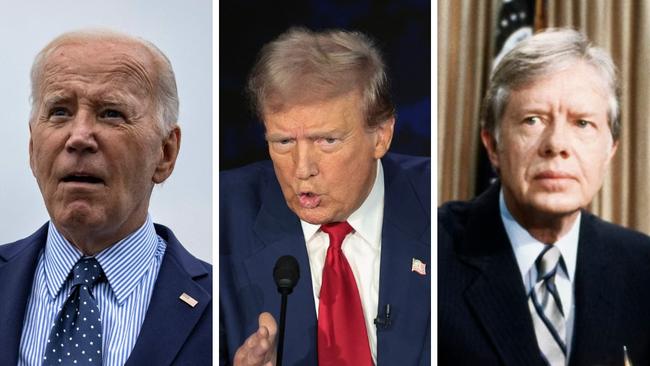
As for Biden, his many gaffes, his televised brain-freeze, the petulance and confusion: these all ate away at voter confidence to such a degree that he has become an almost spectral presence in the White House.
Yet, as the obituaries of the centenarian Carter try to make clear, his record was not all bad. The Camp David Accords of 1978 brought Anwar Sadat of Egypt and Menachem Begin of Israel together. Despite its shortcomings, the deal secured diplomatic recognition of Israel, Egypt recovered the Sinai and a peace of sorts was put in place.
The brain behind Carter’s foreign policy was national security adviser Zbigniew Brzezinski, who persuaded him to use human rights as a soft-power tool to give some limited protection to dissidents in the Soviet Union and other communist states. This, as much as Ronald Reagan’s high-spending arms competition with Moscow, helped speed the internal collapse of communist power.
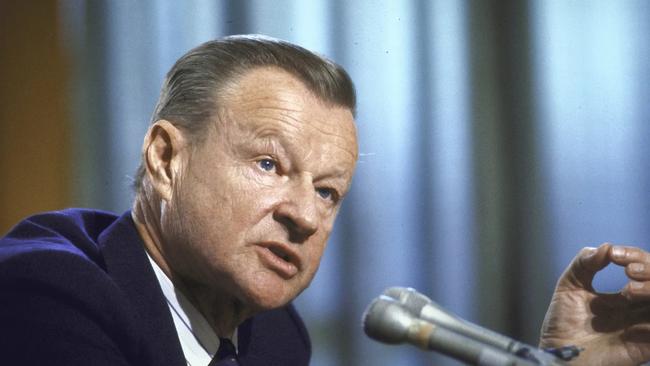
Reagan always thought that the Carter-Brzezinski duo had surrendered the Panama Canal, abandoned Taiwan to communist China and negotiated a flawed strategic arms treaty with the Kremlin. Donald Trump’s recent comments suggest that he wants to recover part of the Panama Canal at an early stage of his presidency. It remains to be seen whether he will be more assertive on the right of Taiwan to self-government.
Just as Carter was perceived as a welcome change of style after the messy withdrawal from Vietnam, Biden was seen as a competent and honest replacement for the first Trump administration. But Biden lacked a Brzezinski-like figure at his side and was overconfident about his own foreign policy expertise. His muddled summer 2021 withdrawal from Afghanistan essentially handed the country over to a Taliban government, sending a grim signal to anyone still naive enough to believe in a Pax Americana. Biden did display some of the Brzezinski flair in arming the Ukrainian forces in their fight against Russian invaders, but all too often undermined his own strategy by failing to deliver arms or provide training in a timely way. It was not Biden’s fault that he found himself embroiled in two big wars, in the Middle East and eastern Europe, but it has become plain to his allies that he was never cut out to be a war leader. Nor was Carter, and he spent his long post-presidential years making amends by developing mediation strategies and running election monitoring teams.
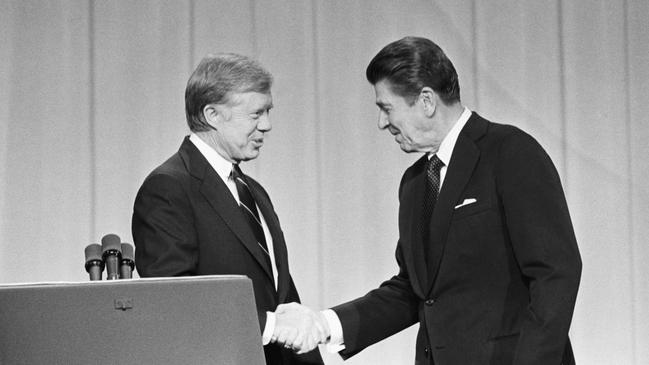
The ultimate measure of the historical standings of both Carter and Biden, though, will be their fumbling treatment of Iran. Carter ended his term with a slap on the cheek from the Iranian revolutionary leadership, which refused to release the more than 50 diplomats held hostage in the US embassy in Tehran until minutes after the president handed over the reins of power to Reagan. One reason for his defeat had been the catastrophic failure of a secret military rescue mission in April 1980. Many years into his retirement, Carter regretted that he had not ordered more helicopters to take part in the rescue and thus hedge against the crash that foiled it.
In fact, Carter’s errors on Iran began with US patronage of the Shah, who stayed in power too long. The sick shah was offered refuge in the US at the last minute - and the way was made clear for the Islamic revolution.
Biden, like Carter, leaves office with an unresolved hostage crisis: about a hundred people held captive by Hamas in Gaza. They are chiefly Israeli, but Biden, in delegating the CIA chief Bill Burns to lead negotiations, has acknowledged that his administration can make demands of Israel only if it deploys diplomatic heavyweights of its own into the fray. There is a sliver of hope that the hostages could be freed, in imitation of the Carter manoeuvre, on Trump’s inauguration day.
That is likely to be misplaced optimism, a sign of the fuzzy thinking about Iran that has threaded its way from Carter through Barack Obama to Biden. Is the regime’s hostile behaviour a reaction to America’s hostile policies (solution: lift sanctions)? Or is it that only greater economic hardship (aggravated by tougher sanctions) can force Tehran to choose between its unravelling imperial dogma and the survival of the regime?
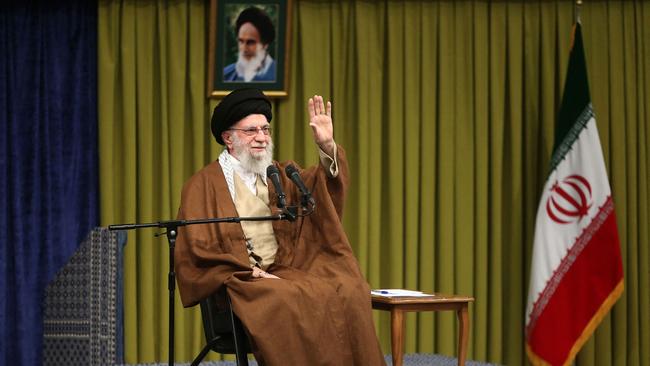
Biden could have reacted earlier to its weakening after the near-loss of Hezbollah, Iran’s closest bodyguard, and the implosion of Syria, its most important state-neighbour. Not to mention the evident weakening of the supreme leader Ali Khamenei. Biden could have chosen a path. Instead he hesitated, as Carter did, over ending the hostages’ misery.
Rather than being deterred by the complexities of change in Iran, Trump should put it near the top of the agenda. He now has to make the call that Biden has been ducking - maximum pressure not only on the Iranian regime with an escalating ladder of sanctions but also on those powers, including China and India, that have been buying up Iranian oil at a discount. This cash is helping to fund Tehran’s proxy wars. Iranians see that those wars are shattering, not furthering, the dream of a greater Iran. Tougher, better-enforced sanctions will show the repressed middle class and the divided elites that they are also making the country poorer.
The Times

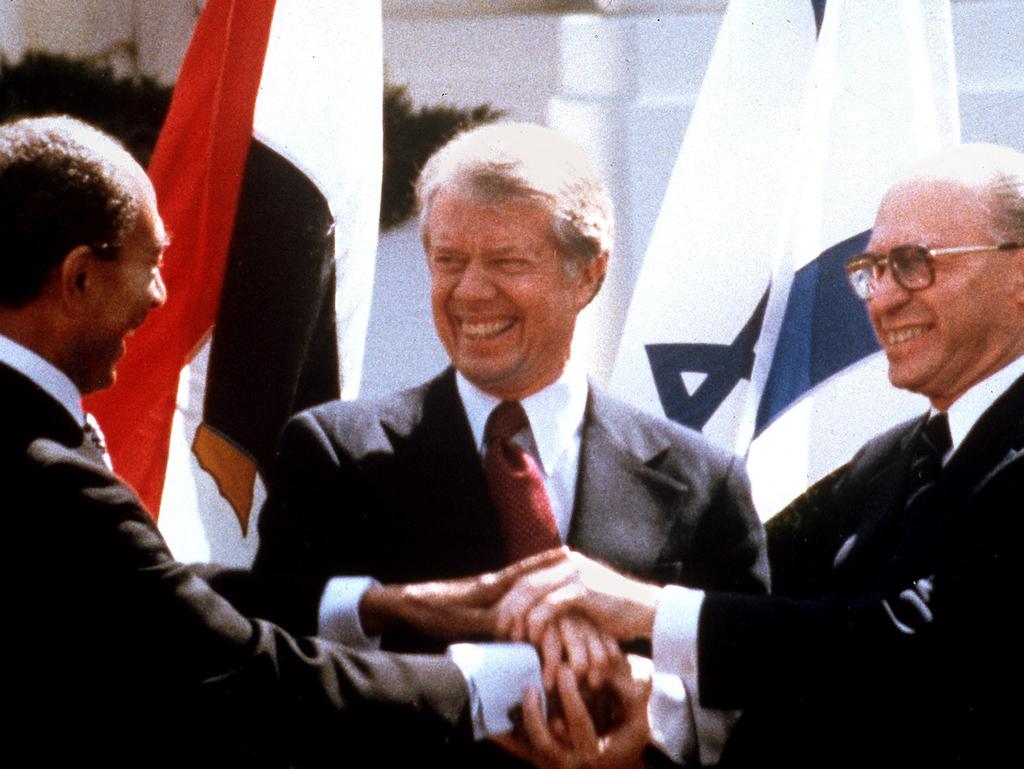
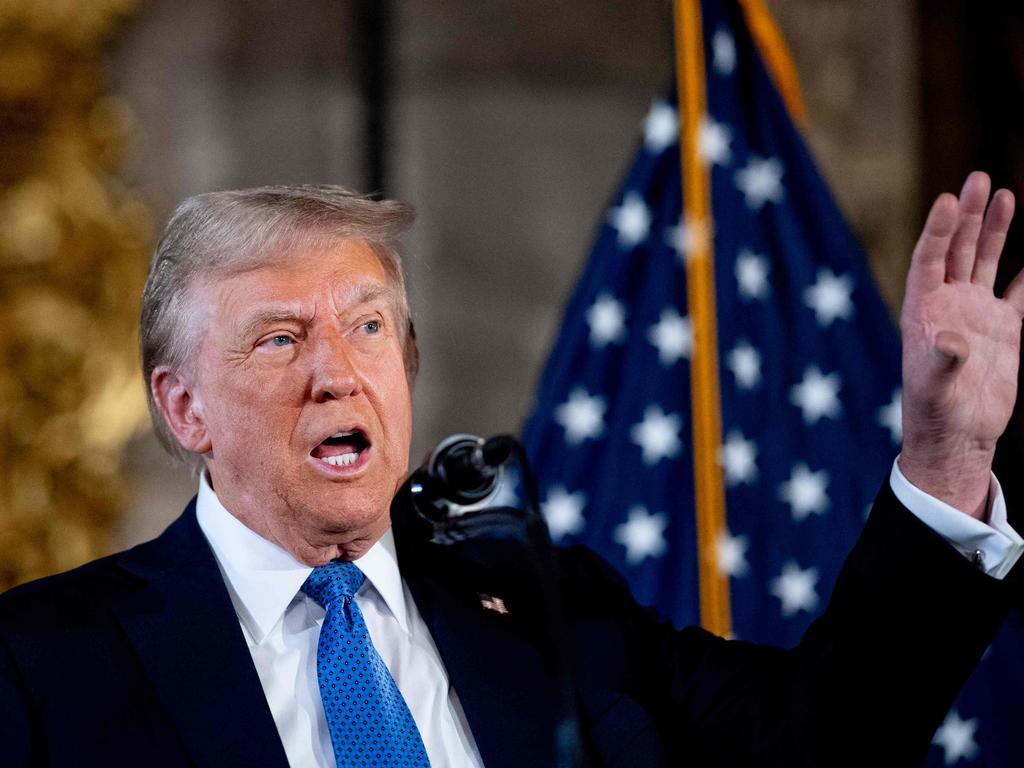


Both men, Jimmy Carter and Joe Biden, will go down with the general public as one-term Democrat losers. That’s partly a matter of their personal gaucheness. The president attacked by a giant rabbit? That somehow became a metaphor for the hapless presidency of Carter. Collapsing in a sweaty heap in a long-distance running race? Carter again.